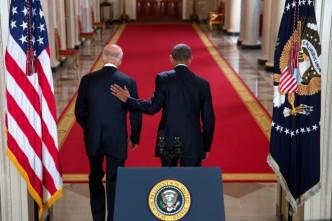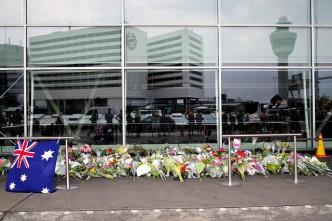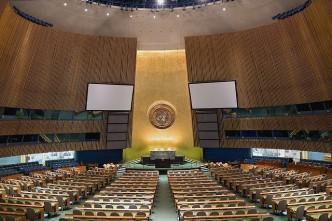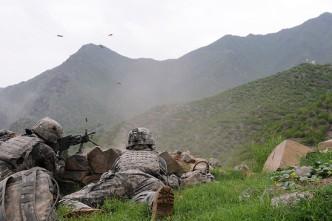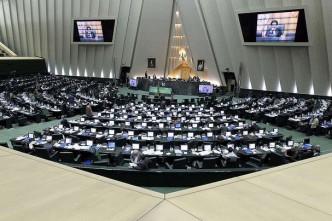Over a decade of securitised transnational approaches to combatting terrorist activity and propaganda have shown that such approaches are ineffective on their own. Sometimes, these ‘hard power’ measures can actually damage efforts to roll back …
Over the past 50 years there were many times when Australia and Indonesia found it difficult to talk to each other about politics, strategy or diplomacy. We’re having another episode now. Economics, though, has always …
At the heart of the international effort to stop Iran from developing nuclear weapons has been the knowledge and understanding that Iran is a dangerous, expansionist rogue country and a leading state sponsor of terrorism …
Welcome back for another round of ASPI suggests. The Iranian nuclear deal gets top billing this week. Here’s just a taste of the reporting, analysis, criticism and complements: just hours after the agreement was concluded, …
ISIS appears to be exerting a steadily growing pull in Indonesia, with its appeal now reaching beyond existing extremist groups. It’s successfully presenting itself as a new, dynamic Islamic state that applies Islamic law in …
The detailed nuclear agreement concluded recently between Iran and six world powers has found itself the subject of an intense debate. The White House has described the deal as a major achievement that blocks Iran’s …
It is probable that after 60 days of intense debate in Washington, DC, and conceivably Tehran, the “Joint Comprehensive Plan of Action,” signed on July 14 by Iran and the UN Security Council’s five permanent …
The Beat Mexican drug lord makes escape Following his high-profile arrest in 2014, Joaquin ‘El Chapo’ Guzman has escaped from Altiplano prison using a tunnel he allegedly built himself. This isn’t the first time he‘s …
Tomorrow is the first anniversary of the shooting down of Malaysian Airlines Flight 17 (MH17). It will, of course, be an important and solemn day for the families of the 38 Australians killed. For Australian …
There’s a degree of cynicism surrounding the government’s Competitive Evaluation Process (CEP) for the future submarine project. That’s to be expected; the process was forced upon the government in the turmoil of an internal leadership …
This week kicks off with news that the UN GGE on Cybersecurity has produced a consensus document after their most recent meetings at the UN HQ in New York. In what’s a nice win for …
The Australian Crime Commission (ACC) report Organised crime in Australia 2015 is derived from criminal intelligence, but it’s more useful to understand it as persuasive communication. In my recent post, I highlighted a similar report …
The ANZUS study released this week by SDSC in conjunction with CSIS (PDF) says a lot of interesting things about the US alliance, but it seems to evade the hard issue at the heart of …
In early June, Australia’s ambassador to Indonesia returned to Jakarta, five weeks after being recalled following the executions of Australian citizens Andrew Chan and Myuran Sukumaran. While the embassy and its work in Indonesia continued …
Sea State In a move that’s shocked the Asia–Pacific and rattled the US, Thailand’s military government has announced that it will purchase Chinese submarines. There are several likely reasons for this decision, which effectively moves …
At the launch of ASPI’s International Cyber Policy Centre in 2013 I fielded a question from the audience: ‘What will help advance and grow the nature of the discussion on cyber security within Australia?’ My …
The political and military environment in Afghanistan remains extremely challenging. While recent international attention has been drawn to the rise of the ‘Islamic State’ group in Iraq and Syria and by the Greek financial crisis, …
Last week, negotiators attempted a final push for a nuclear agreement with Iran. While points of disagreement remained, both sides haven’t walked away from the negotiations. But what happens once both sides agree to a …
On 15 December last year The Daily Telegraph produced a special lunchtime edition that featured the front-page headline: ‘Death Cult CBD Attack: IS takes 13 hostages in city cafe siege’. The edition generated complaints to …
At the ASPI land power conference a few weeks ago, the PM promised an enterprise-level naval shipbuilding plan based around a rolling-build program. This will bring joy to the hearts of the burghers of South …


